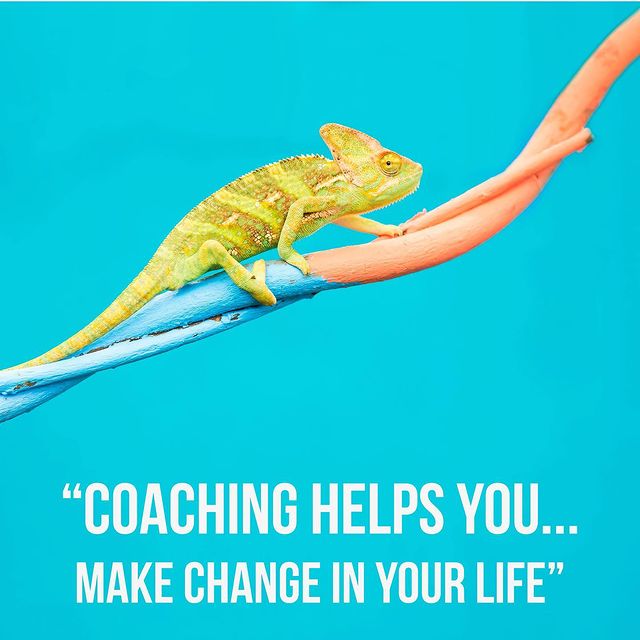In coaching supervision, coaches bring their experiences, challenges and reflections to a coaching supervisor. The best supervision takes an integrative approach explains Nick Cromwell, who provides individual and group supervision for trainees and graduates of our accredited coach training programme.
When I first became interested in coaching I was drawn to its underlying simplicity. It does not try to over-complicate issues. For motivated clients who are task oriented and goal focused this works very well, particularly within a work context.
But in some case coaches may harness aspects of other approaches, such as counselling, or Neuro-Linguistic Programming. The challenge for the coach is holding these different approaches in balance, and perhaps working in a way that seems to combine two (or more) apparently different perspectives.
It is important to have these perspectives, especially if these are rooted in tried and tested theory and practice. This is because they provide us, as practitioners, with a solid foundation, which gives both our clients and us confidence. It tells our clients what it is that we provide as practitioners, or what it is that we’ll learn if we’re searching for a training qualification.
Integrating different approaches to coaching supervision
The key is in how we integrate these different approaches so we feel empowered rather than constrained by them and where the feedback we give in coaching situations is informed by this integrated approach to what we know (our experience) and not who we are (our opinion).
This can be particularly important in coaching supervision, where coaches are bringing their experiences, challenges and reflections to a coaching supervisor. The aim here is for coach and supervisor to collaborate in the coach’s continuous professional development as well as support their ongoing wellbeing. It also, indirectly, acts as a reassuring frame for the work that the coach is doing with their own clients.
Defining what it is that we do is a way of gaining clarity. And through understanding ourselves we can understand others. But it’s useful to think about where the need to define things comes from. Supervision can broaden both understanding and possibility and this is the purpose of an integrative approach.
Harnessing different coaching approaches
In coaching supervision we may hold more than one approach in our heads at the same time and work in a way that combines two seemingly opposite approaches without being constrained by them.
It is this challenge and opportunity that can make supervision so effective by providing a safe space where we can:
- explore working with two (or even more) apparently opposing approaches
- experiment in order to be adaptive to the needs of clients
- work at a level that engenders change
- work at a deeper and more meaningful level (in a way that encompasses both thinking and feeling).
This for me is what defines an integrative approach to supervision. There are a number of ways of doing this…
An integrative approach to supervision
One approach that lends itself well to integration is the Seven-Eyed Model of Supervision developed by Peter Hawkins and Robin Shohet.
This looks at several facets of the supervisor-coach-client relationship. In a coaching context, these are:
- coachee
- coach interventions
- coach and coachee relationship
- self-reflection by the coach
- the supervisory relationship
- self-reflection by the supervisor
- the wider context.
Broadly speaking, therapy looks back in order to make sense of the present; counselling focuses on the present, while looking back in order to gain understanding; and coaching looks to the future while starting with the present.
‘Super-Vision’
Supervision, whether in therapy, counselling or coaching aims to take a meta-view. In order to be really effective, supervision (or ‘super vision’) has to allow reflection that combines both the practical and the psychological in order to remain both flexible and adaptive.
As my own supervisor recently reminded me, in our role as practitioners we can read lots of books and understand a host of theories, but when working with the client, we need to be able to leave them outside in order to be fully present.











